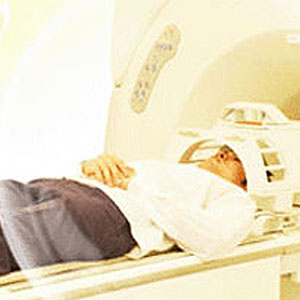Particle Implantation Therapy

Concept
Particle implantation therapy is performed under the guidance of medical devices. In this therapy, doctors implant miniature radioactive particle in the tumor and the particle is proven to have the effect of killing cancer cells. Then the persistent and short-wave radiation released by miniature radioactive source kills the cancer cell and allows the tumor to shrink.
Particle implantation technique falls in the category of minimally invasive brachytherapy, which can effectively kill the cancer cells and protect the surrounding healthy tissues from damage. As for the advanced cancer patients, particle implantation can prolong their survival time, improve quality of life and control cancer pain. As for the early-stage and medium cancer patients, it can greatly improve the treatment process.
Advantages
1.The particle implantation therapy is well-targeted with remarkable therapeutic effect. The radioactive particle implanted in the tumor can intensively and effectively kill cancer cells and allow the tumor to shrink or even disappear.
2.Minimal damage and no complication. The particle implantation damages the cancer cell within the 1-cm distance of the radioactive source and does not harm other tissues, which can effectively improve the cancer patient’s quality of life.
3.Small wound. The radioactive particle is usually implanted under the guidance of B-ultrasound and CT, or during surgery. There is a small wound and a relatively light pain.
4.Effective and comprehensive treatment. The particle implantation therapy can integrate with other therapies like surgery and chemotherapy to improve the cure rate of surgery and reduce the course of chemotherapy.
Indications and Contraindications
Indications
1. Untreated primary tumor such as prostate cancer and so on.
2. Important functional tissues that need to preserve important organs that may be involved in surgery, like the tumors deep within the brain.
3.Cases of unwillingness to undergo radical surgery, such as thyroid cancer, endometrial cancer, and cervical cancer and so on.
4. Metastatic lesion or postoperative solitary metastatic lesions that are not candidates for surgery, like the multiple metastatic lung tumor.
5. Unresectable primary cancer, such as large mass liver cancer, nasopharyngeal cancer and so on.
6.New version: Radiotherapy boosts treatment for the locally residual tumors. Iodine-125 implantation can be performed.
7.Poor therapeutic effect or failure case of radiation
Contraindications
Bleeding disorder, organ failure and mental disorder.



